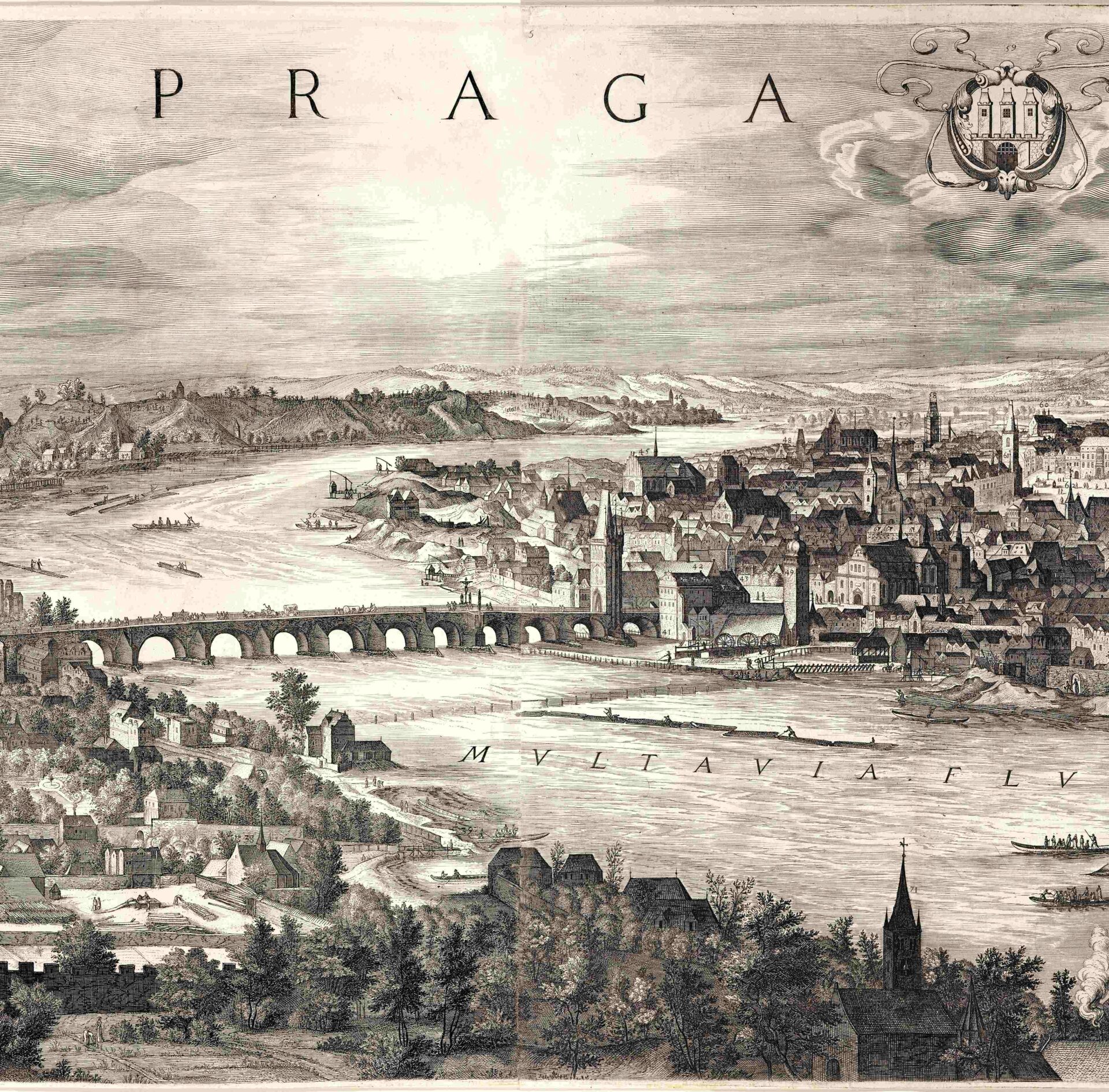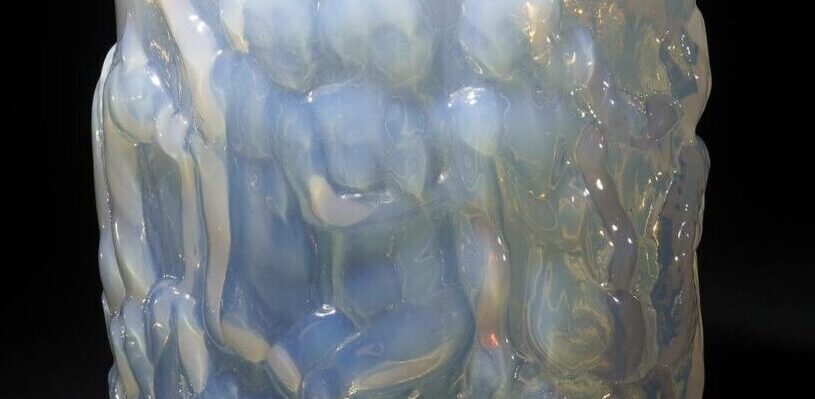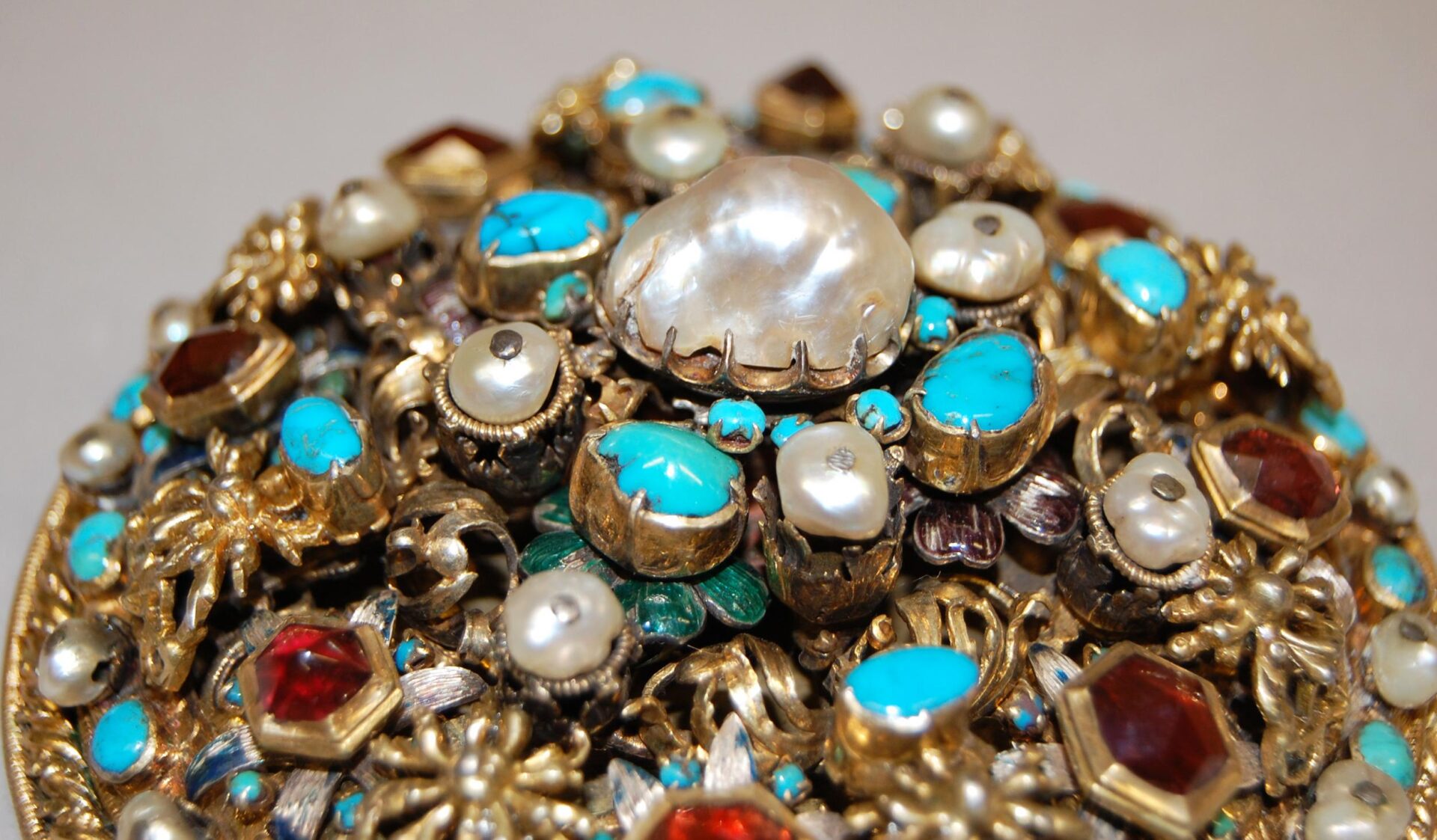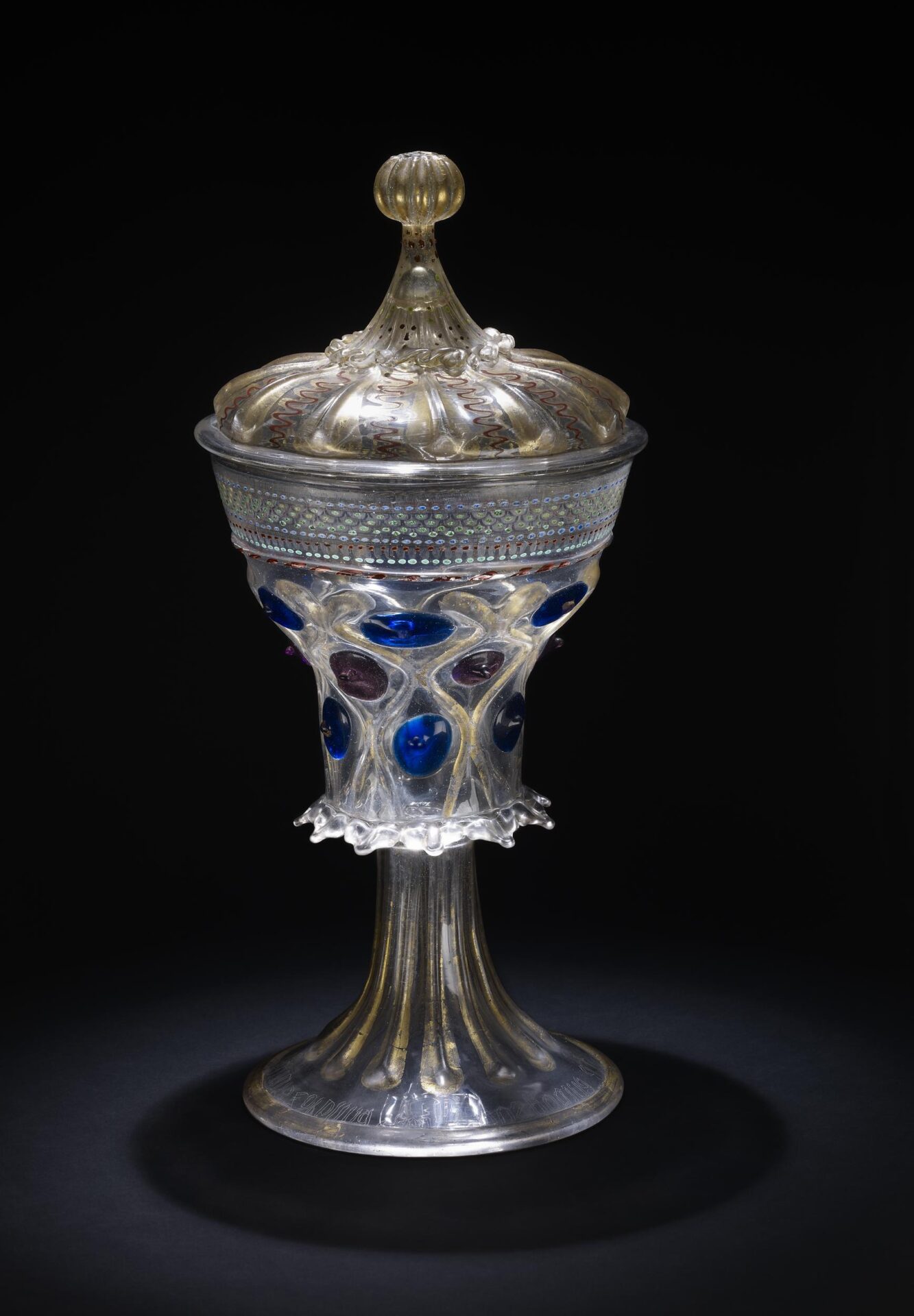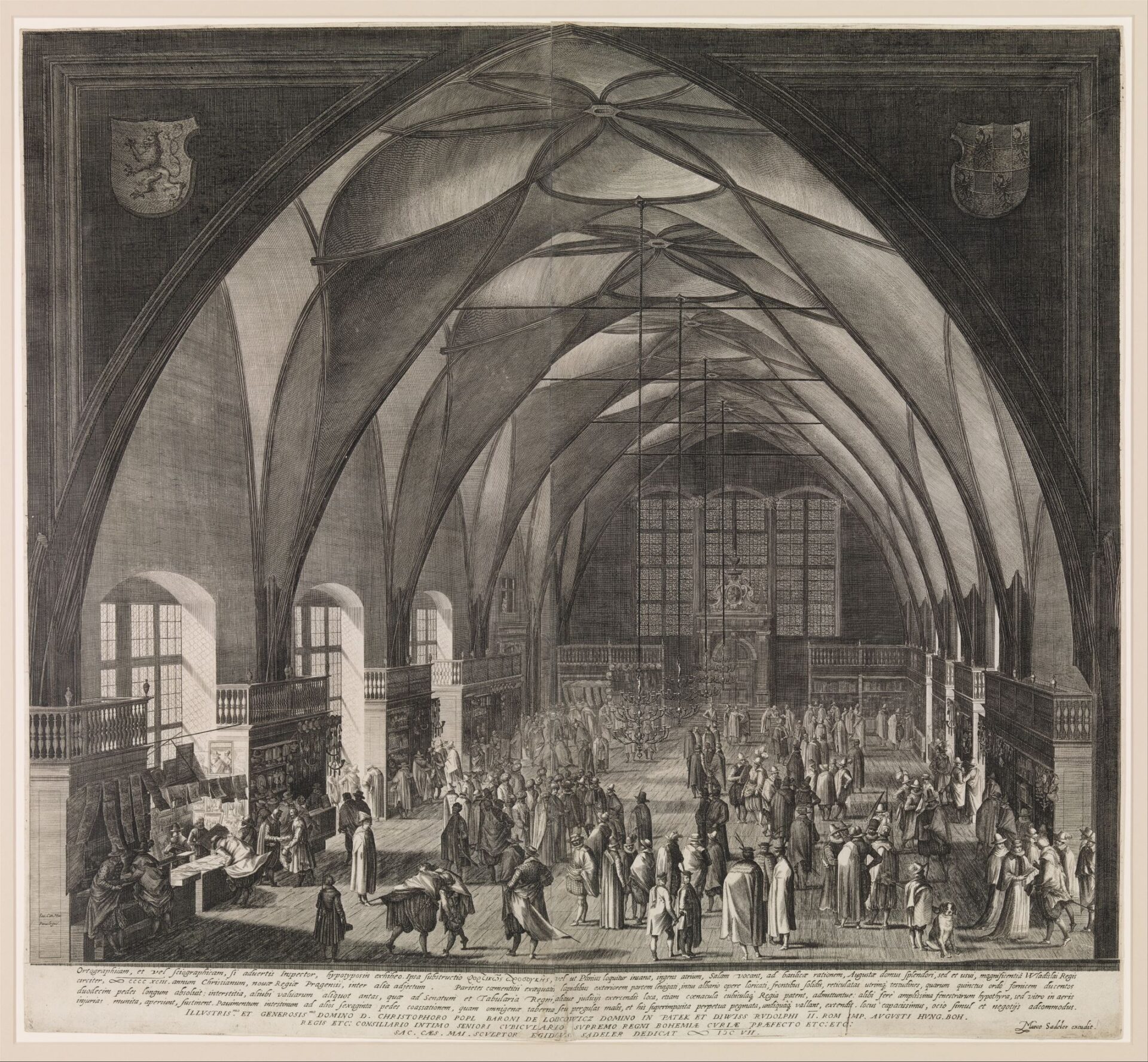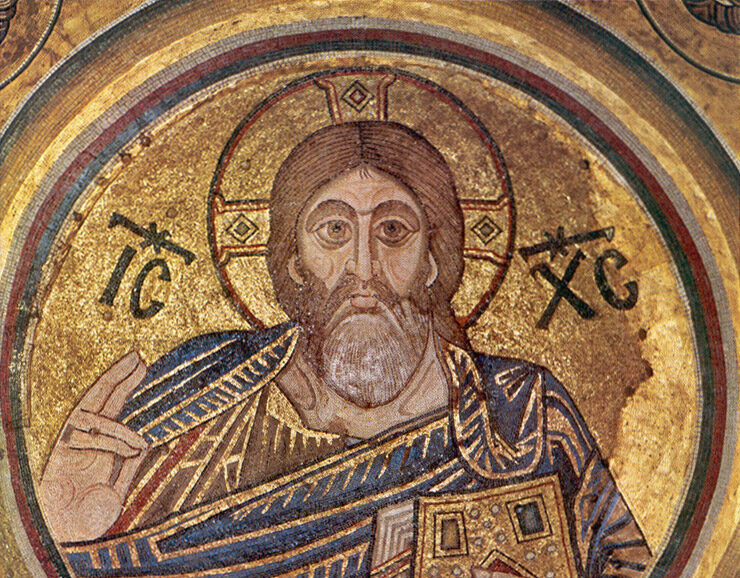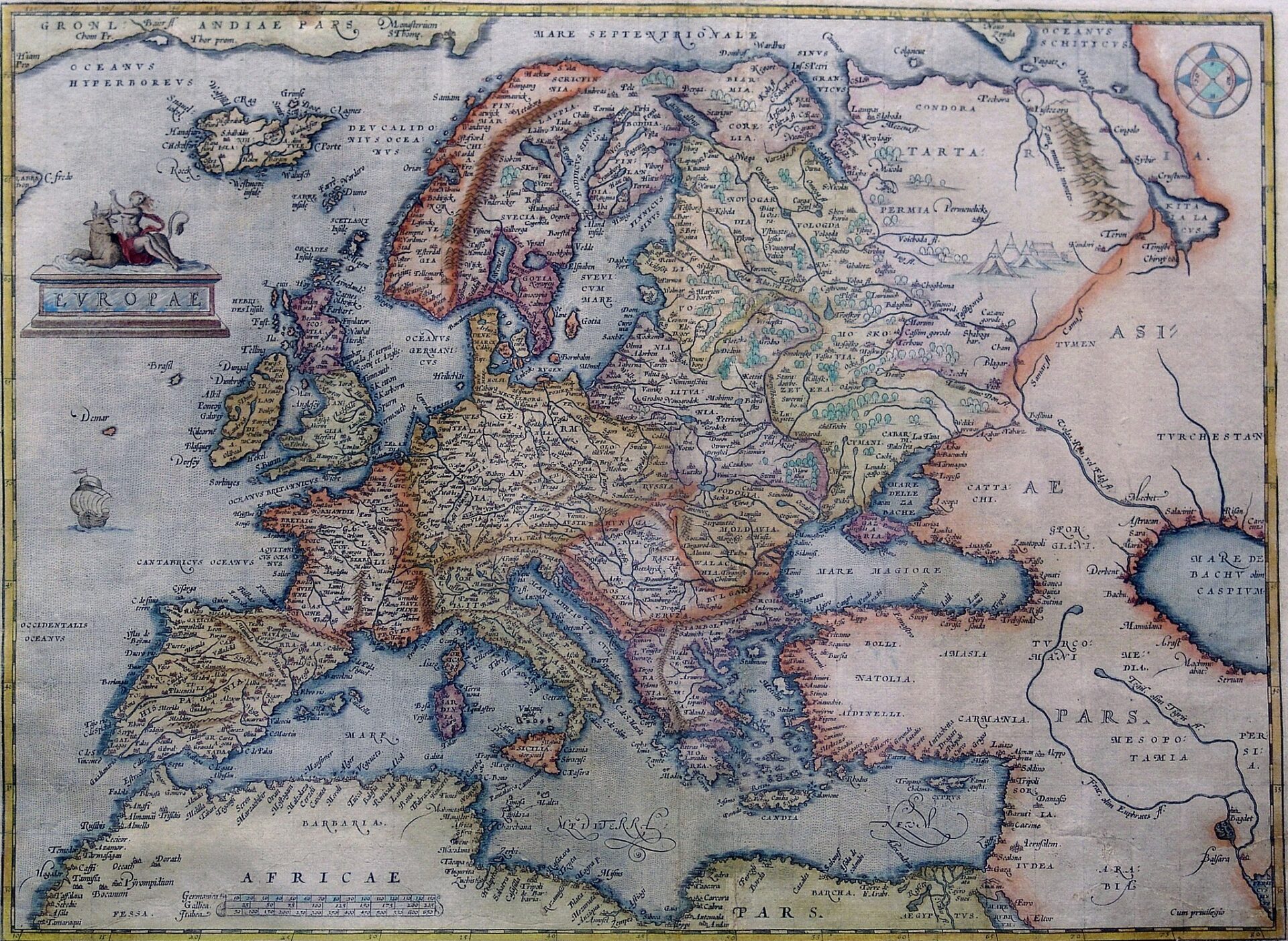Project
Cross-border connections in Central Europe in the early modern period shaped the cultures, populations and development of Central European countries and their partners. This international interdisciplinary network of scholars and museum professionals will investigate how these connected worlds (via religion, diplomacy, scholarship and community) were mutually constitutive through collaborative work, addressed primarily through a focus on material and cultural analysis of artefacts. Findings will simultaneously advance museum practices in classifying early modern Central European objects, thereby increasing the usability of collections for academic researchers. The research is focused on, but not limited to Central European regions that are under-represented in the scholarship, including Bohemia, Poland-Lithuania, Hungary and Ukraine. Together we will examine the theme through the following key research questions:
- What does an analysis of the stylistic and material components as well as inscriptions of extant objects reveal about the connections of Central Europe?
- How did these material networks emerge? What were the trading and migration routes across Central Europe in this period (both inter-regional and global)? How did these routes change and why?
- What were the agents in society that drove these material connections? How did economic supply and demand drive cross-border engagement in the region? How did cultural, religious and political channels foster material exchange? What role did individual artisans, merchants, patrons and consumers play?
Contact:
Suzanna Ivanič (s.ivanic@kent.ac.uk)
Tomasz Grusiecki (tomaszgrusiecki@boisestate.edu)

UKRAINE: We stand with our colleagues in Ukraine against the war. Our new resources pages dedicated to early modern Ukrainian history serve to dispel the ideological distortions of the region’s history promoted by Putin. A new public lecture series running throughout 2022 ‘From Kyivan Rus’ to Modern Ukraine: Virtual Conversations on History, Art and Cultural Heritage’ provides a platform for scholars of the region to present their research and is generously funded by our sponsors.

